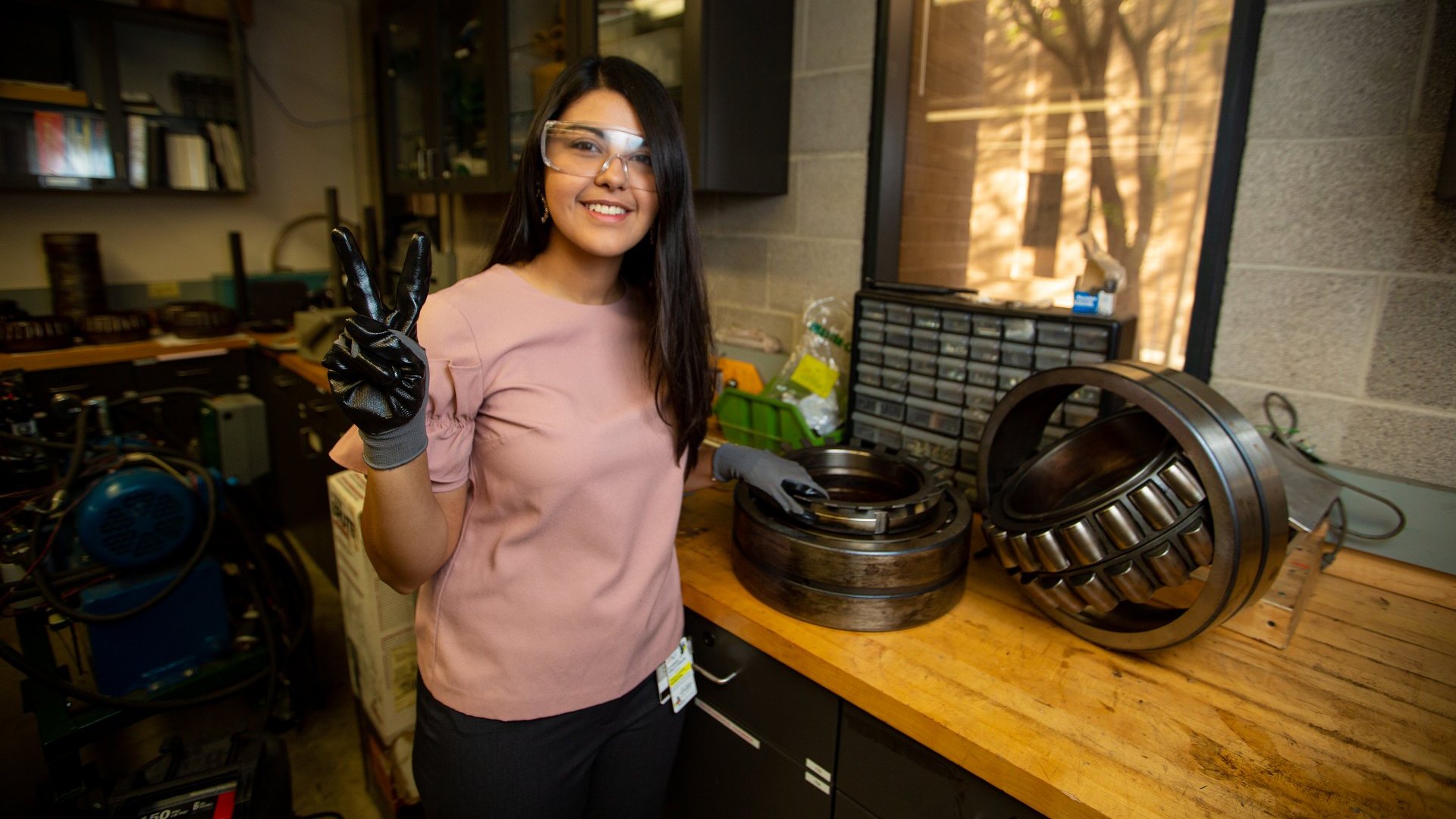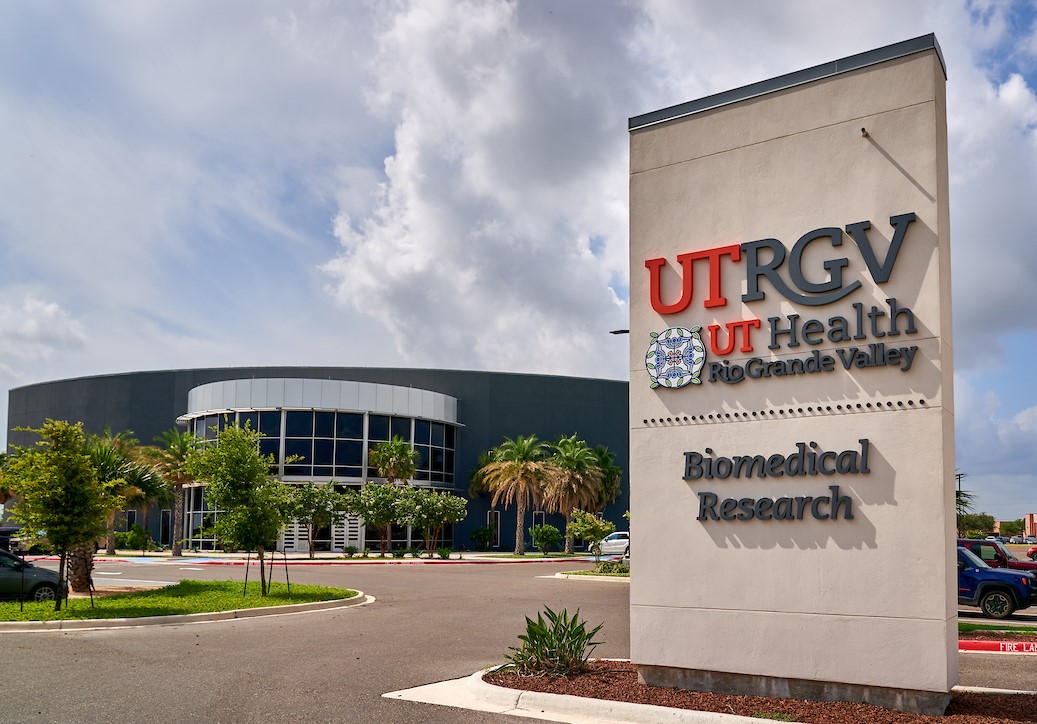As one of the most versatile and foundational engineering disciplines, mechanical engineering at The University of Texas Rio Grande Valley (UTRGV) empowers students with a robust technical education, hands-on research experiences, and real-world problem-solving skills. Our dedicated faculty, cutting-edge laboratories, and strong industry partnerships prepare graduates to lead in diverse fields — from aerospace and energy to robotics and biomedical engineering. Whether you're driven by curiosity, creativity, or a desire to make a difference, you'll find the tools and support here to design your future.
Academic Programs
Bachelor's
Mechanical Engineering (BSME)
Bachelor of Science Mechanical Engineering in Mechanical Engineering
Program Modality: Campus
The Bachelor’s degree in Mechanical Engineering shows students how to apply principles of mechanics and energy to the design of mechanisms, power systems, and controls.
Students studying mechanical engineering will develop versatile skills that will support knowledge in different components of engineering, such as areas in mechanical, energy conversion, environmental, transportation, and robotics. A degree in mechanical engineering will place students at the forefront of engineering and allow them to work alongside engineers of multiple disciplines.
The Bachelor’s degree in Mechanical Engineering is accredited by the Accreditation Board of Engineering and Technology - Engineering Accreditation Commission (ABET-EAC).
Master's
Biomedical Engineering (MS)
Master of Science in Biomedical Engineering
Program Modality: Campus
The Master of Science in Biomedical Engineering (MSBME) program offers advanced training in biomedicine and engineering, covering sub-disciplines such as cell and tissue engineering, biomechanics, robotics, bioinstrumentation, and more. Faculty from various departments collaborate to provide an interdisciplinary approach to learning. The curriculum includes a common core and three specialized focus course lists in Biomechanics, Biomaterials, and Biomedical manufacturing and instrumentation. Students gain foundational knowledge in molecular and systems-level biology, as well as computational modeling of physiological systems, and specialize in specific areas of biomedical engineering.
Mechanical Engineering (MSE)
Master of Science Engineering in Mechanical Engineering
Program Modality: Campus
The Master's degree in Mechanical Engineering offers several concentrations. Coursework is offered in areas including mechanics and design, materials, and thermal/fluid sciences.
Students will have a variety of research opportunities in a diversity of fields. This includes combustion, nanotechnology, MEMS and NEMS, smart structures, biomechanics, robotics, mechatronics, acoustics and vibrations, materials science, solid mechanics, experimental heat transfer and fluid mechanics, thermal and dynamic analysis of railroad bearings, and bearing condition monitoring. The program lays the foundation for students to develop a variety of skills to work in different types of industries.
Concentrations:
Doctorate
Materials Science and Engineering (PhD)
Doctor of Philosophy in Materials Science and Engineering
Program Modality: Campus
The Doctor of Philosophy (Ph.D.) in Materials Science and Engineering program at The University of Texas Rio Grande Valley (UTRGV) prepares students with rigorous academic training in the interdisciplinary field of materials science and engineering. The program specializes in nanofibers, offering unique worldwide expertise and prepares students to address real-world challenges in areas like energy, biotechnology, electronics, and more. The program is committed to diversity and inclusivity, preparing students for careers in academia, industry, and government.





